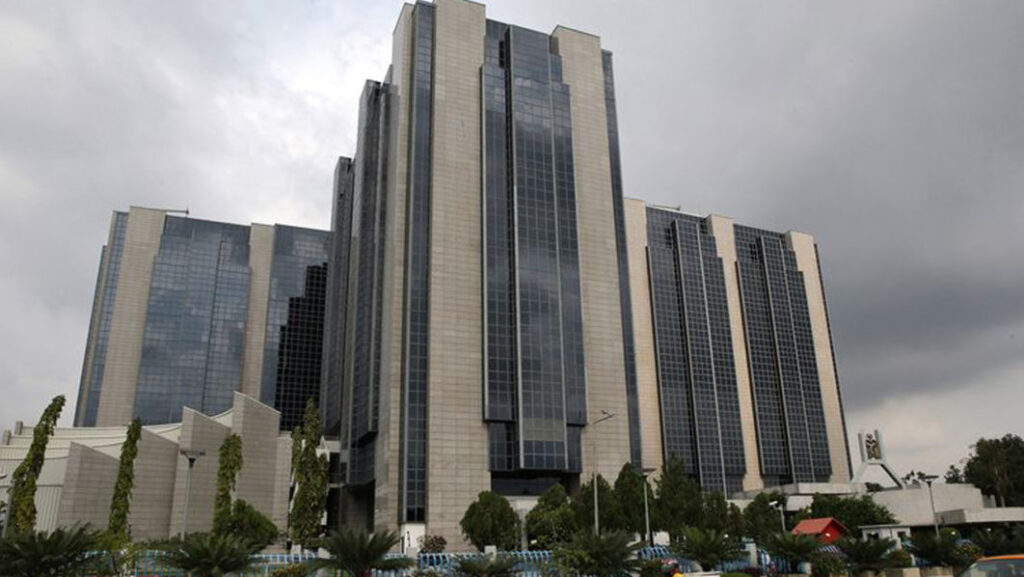The Central Bank of Nigeria (CBN) has stressed the importance of the organised private sector to the economic development of the country.
At a policy dialogue between the Organised Private Sector (OPS) and the Bank’s leadership to explore strategies for enhancing Nigeria’s financial sector in Lagos, the CBN Governor, Olayemi Cardoso, emphasised the importance of private sector input in shaping economic policy.
He said: “The private sector is a critical engine of our economy. This meeting underscores our commitment to working collaboratively with stakeholders to create a more robust and investor-friendly financial environment.”
The meeting focused on exploring how broad-based monetary policy communication and guidance can positively influence the global investment community’s perception of Nigeria and on determining the right bundle of monetary policies and interventions to increase the productive sector’s growth.
Stakeholders at the meeting pledged to establish a framework for collaboration and consistent interactions with the top leadership of the OPS to harmonise economic policy and guarantee the CBN’s effective support of the private sector in partnership with the Nigerian Economic Summit Group (NESG).
The CBN governor also presented a detailed explanation of the economy’s trajectory, highlighting the deceleration of month-on-month inflation and expectations of moderation. He also said the Bank would continue improving monetary policy communication through forward guidance to domestic and global investors.
The CBN governor assured the private sector leaders of the Bank’s commitment to building trust, ensuring price stability and implementing monetary policies to support economic growth, improve stability in foreign exchange rate and effectively moderate inflation.
He also assured them that despite current drawbacks, the Bank had consistently improved foreign exchange supply while protecting the interests of all parties. In addition, he stressed the importance of restoring confidence and trust in the Nigerian economy for all investors, local and foreign.
Cardoso also noted that the policy measures deployed by the CBN aim to build a transparent economy that will boost investors’ confidence and improve the country’s business environment.
The CBN presented a detailed explanation of the economy’s trajectory, the reasons behind the recent aggressive Monetary Policy Rate hikes and the expected transmission timeline into the economy. It also highlighted the deceleration of month-on-month inflation and expectations of moderation in headline inflation going into the third and fourth quarters of 2024.
In his remarks, the President of the Manufacturers Association of Nigeria (MAN), Francis Meshioye, appreciated the CBN’s open dialogue and interest in ensuring that the manufacturing industry and other organised private sectors are abreast of the Bank’s policies.
He said the OPS was concerned about how the price verification system is currently operated. During the discussions, other private sector leaders expressed concerns about the elevated impact of macroeconomic risks on business costs across various industries.
The business community also noted that while structured development finance support may not directly increase cash supply, it enhances the capacity of the productive sector to manage risks such as exchange rate volatility.
They emphasised the importance of the role of the CBN in catalysing trade finance and development finance support through traditional institutions.













